How to budget for a safari or lodge stay
A safari across southern Africa can be affordable with careful planning. Wise accommodation choices and budgeting carefully for travel costs ensure a seamless experience without overspending.
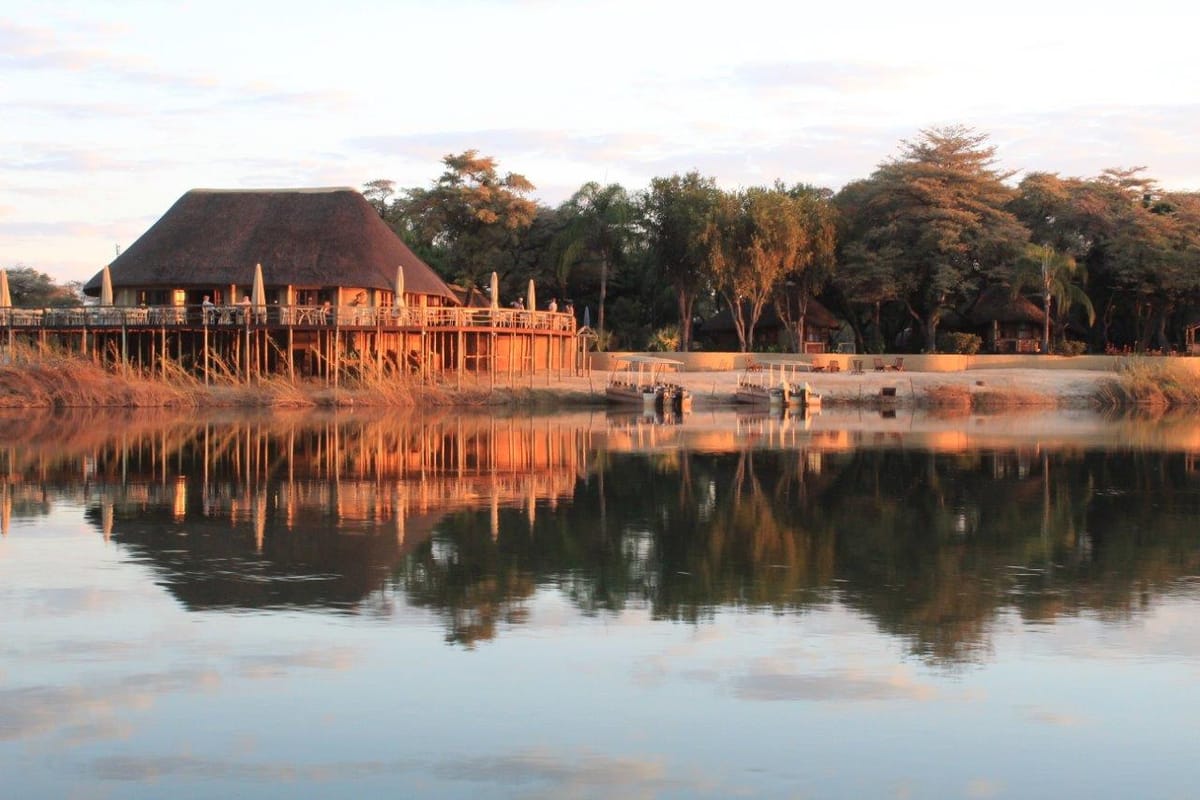

Safari trips across southern Africa can seem expensive at first glance, but careful planning allows travellers to enjoy wildlife and comfort without overspending. Whether exploring Kruger National Park, Moremi Game Reserve, or Etosha, understanding fees, accommodation options, and local costs ensures the journey remains affordable.
Knowing these rates in advance allows budgeting for multiple days or multi-park itineraries. Some reserves, like Hwange in Zimbabwe, also require booking entrance permits in advance, particularly during high season.
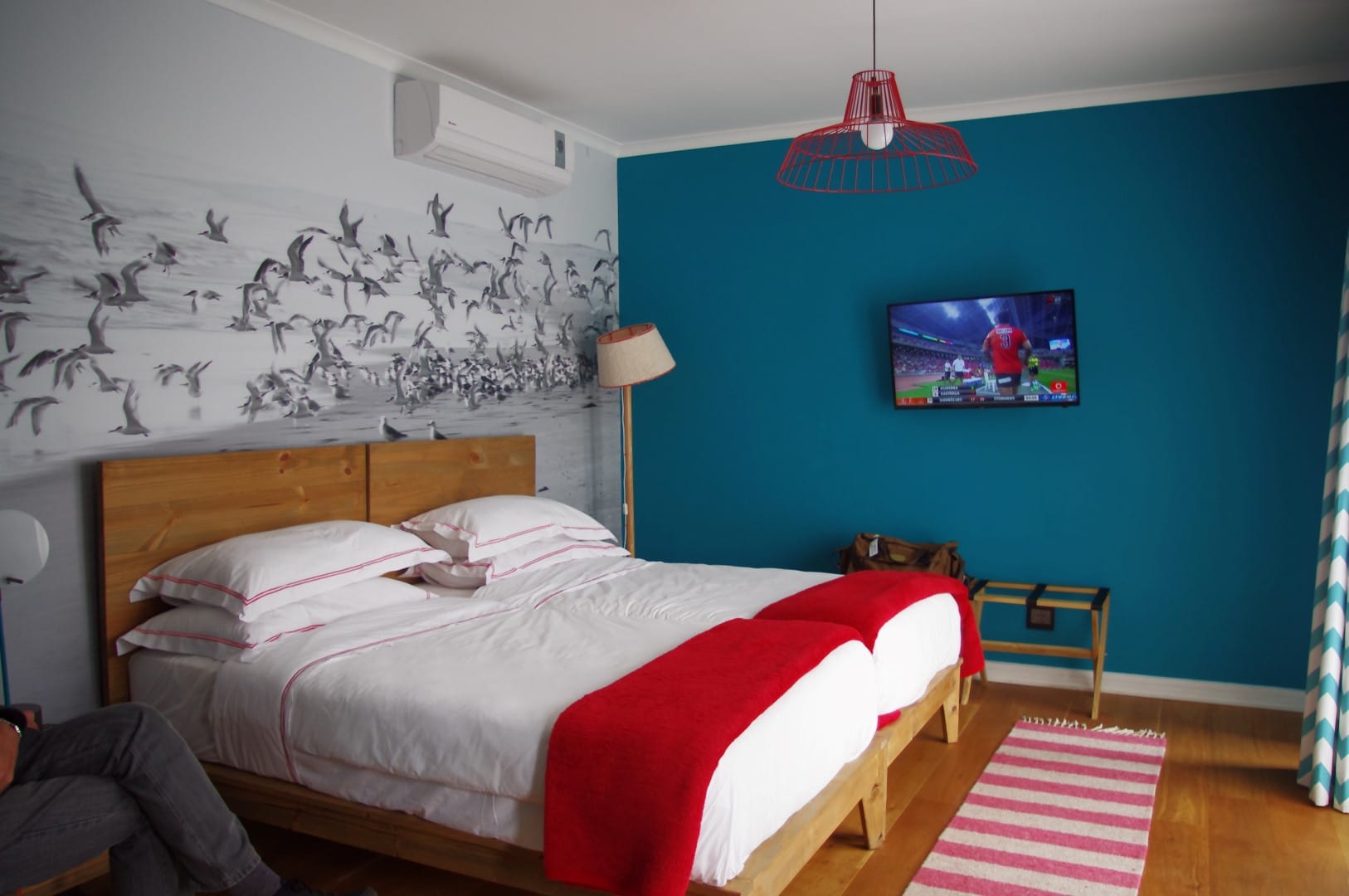
Accommodation is the largest variable. National park lodges vary from luxury tented suites to modest chalets. In Etosha, camps like Okaukuejo or Namutoni offer mid-range options with access to waterholes for game viewing, while community-run camps in Botswana provide rustic stays at lower cost.

Booking early often secures better rates, and combining nights at lodges with campsites along routes such as the Okavango Delta or Victoria Falls reduces overall expenditure.
Food and travel costs also need attention. Self-catering allows control over costs in locations like Nata or Kasane, where supermarket options may be limited. Fuel budgets must account for long distances; filling stations can be 150–200 kilometres apart in northern Namibia or the Kgalagadi, so carry extra fuel where possible.
Guided safaris add value, particularly in Botswana, where professional trackers enhance sightings, but require additional daily fees.
Timing influences both cost and experience. Peak periods - July and August in the south, or the December holidays - often see rates double for lodges and campsites. Off-season travel in May or October provides lower prices, fewer crowds, and excellent wildlife sightings as animals congregate near permanent water sources.
Hidden savings include booking packages through local operators, combining park fees, accommodation, and game drives. Travellers should compare options in towns like Maun, Kasane, or Livingstone, where locally managed lodges offer deals without sacrificing quality. Additionally, flexible meal plans, shared vehicle arrangements, and self-drive options significantly reduce expenses.
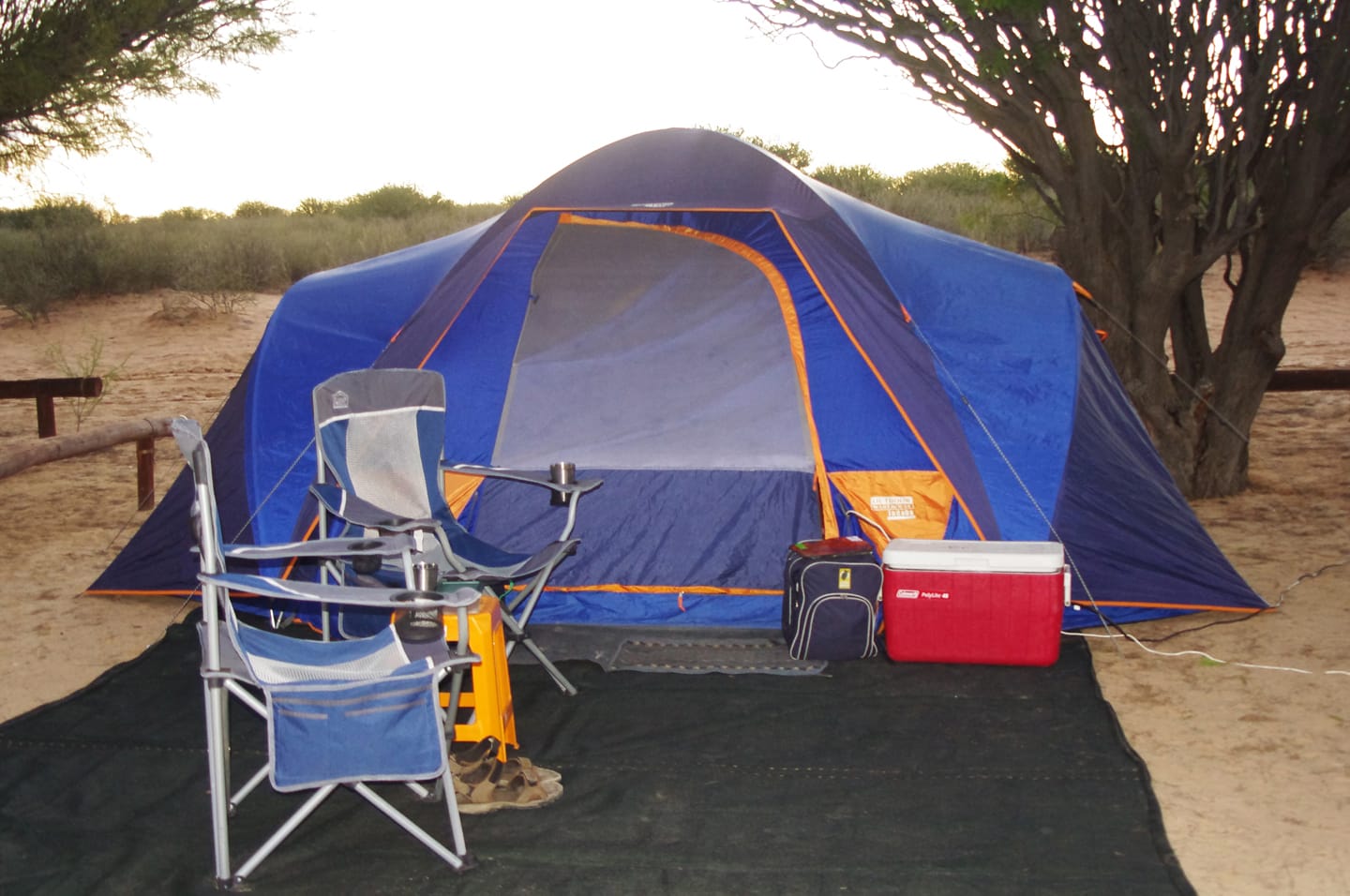
Budgeting also means planning for emergencies. A small contingency fund ensures unexpected repairs, medical attention, or wildlife-related incidents do not derail the trip. Travel insurance covering both personal and vehicle matters is essential in southern Africa’s remote regions.
With careful planning, budgeting transforms a safari from a luxury dream into a manageable adventure. By researching costs, choosing accommodation wisely, and timing visits to suit both comfort and price, travellers can focus on the animals, landscapes, and communities that make the experience unforgettable.


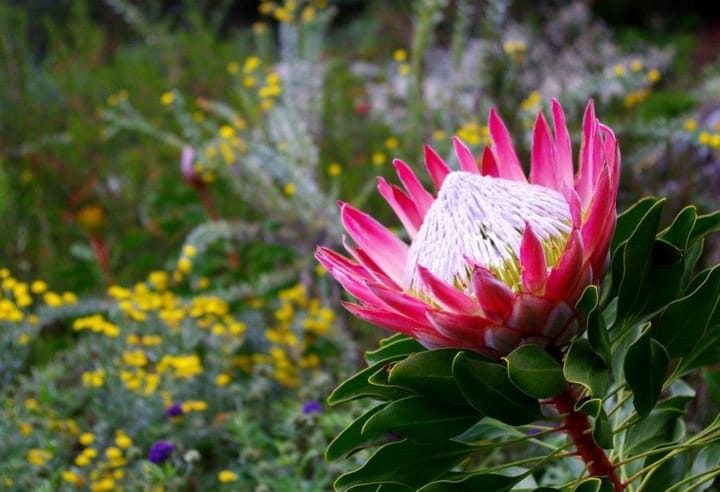

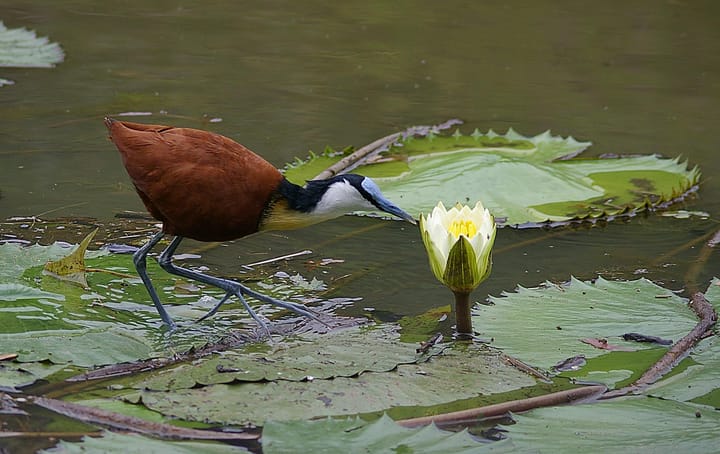
Comments ()